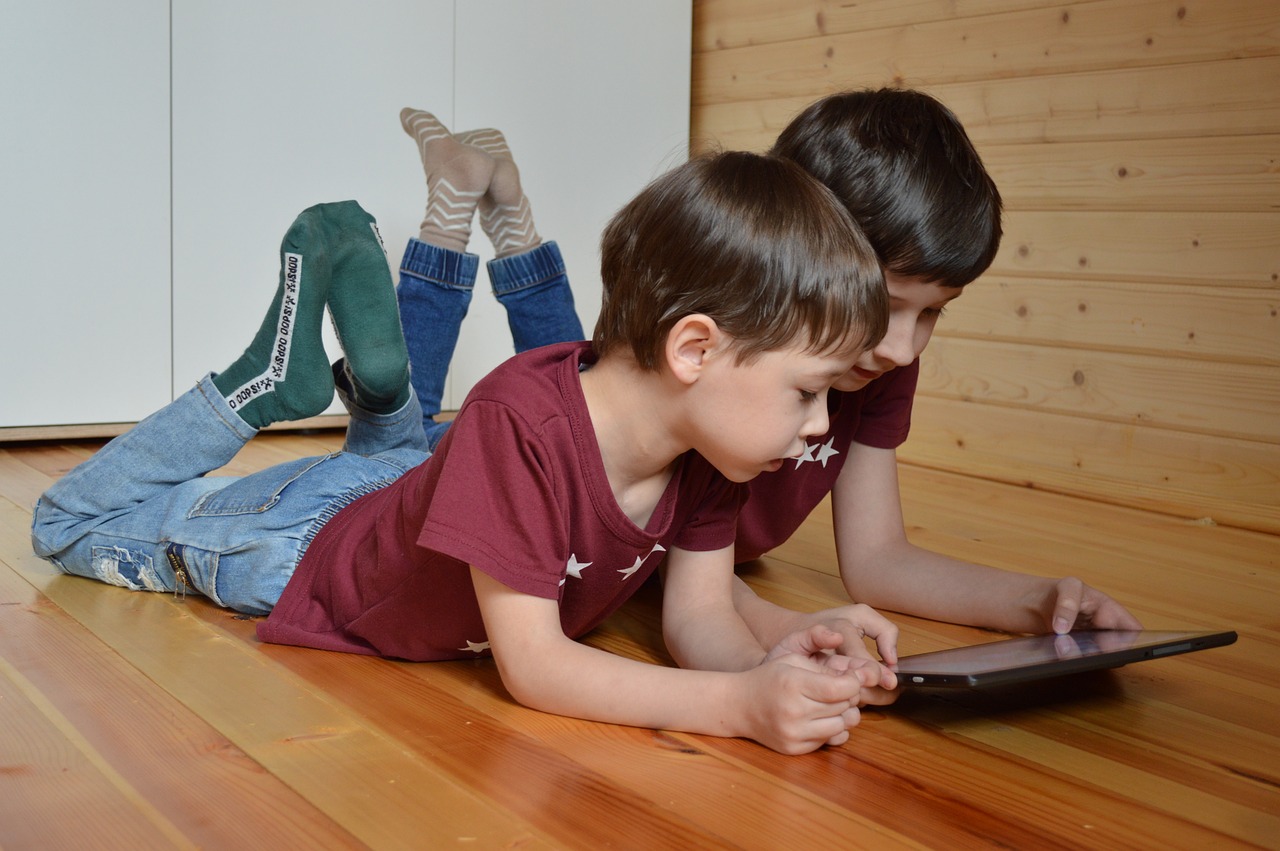Supporting Gifted and Talented Students: Strategies for Enrichment
Gifted and talented students often exhibit advanced cognitive abilities and exceptional talents that set them apart from their peers. These students may demonstrate a remarkable capacity for critical thinking, problem-solving, and creative expression across various domains. Their quick grasp of complex concepts, high levels of curiosity, and intrinsic motivation to explore and learn indicate their exceptional abilities.
Additionally, gifted and talented students may display a heightened sensitivity to their environment, such as being more emotionally intense or having a keen awareness of social issues. Their advanced levels of empathy, leadership skills, and ability to connect with others on a deeper level can also be indicators of their giftedness. Identifying these students requires a holistic approach that takes into account both their intellectual capabilities and socio-emotional characteristics.
Understanding the Characteristics of Gifted and Talented Students
Gifted and talented students often exhibit a high level of intellectual curiosity and a strong desire for learning. They tend to grasp new concepts quickly, often displaying advanced cognitive abilities in various subjects. Additionally, these students may demonstrate a keen sense of creativity and problem-solving skills, thinking outside the box to come up with innovative solutions.
Furthermore, gifted and talented students often possess a deep level of emotional sensitivity and empathy, allowing them to connect with others on a profound level. They may show a heightened awareness of social injustices and possess a strong sense of moral reasoning. This emotional depth can sometimes lead to feelings of isolation or frustration, as these students may struggle to relate to their peers who do not share the same depth of understanding.
Challenges Faced by Gifted and Talented Students
Gifted and talented students often face unique challenges in educational settings. One common struggle is the lack of appropriate academic stimulation and enrichment, leading to boredom and disengagement in the classroom. These students may finish assignments quickly, leaving them with idle time that can result in disruptive behaviors or feelings of frustration.
Another challenge gifted and talented students encounter is the pressure to constantly excel and meet high expectations. This pressure can lead to feelings of stress, anxiety, and perfectionism, as these students may fear failure or falling short of their own or others’ standards. Additionally, gifted students may struggle with social interactions, feeling isolated or misunderstood by their peers due to differences in interests, maturity levels, or learning styles.
How are gifted and talented students identified?
Gifted and talented students are typically identified through various assessments, such as standardized tests, teacher recommendations, and observations of advanced skills and abilities.
What are some common characteristics of gifted and talented students?
Gifted and talented students often exhibit characteristics such as a high level of creativity, advanced problem-solving skills, intense curiosity, and a strong desire for learning.
What challenges do gifted and talented students face?
Gifted and talented students may face challenges such as a lack of appropriate academic challenge, social isolation, perfectionism, and pressure to excel in all areas.
How can schools support gifted and talented students?
Schools can support gifted and talented students by providing challenging and stimulating academic opportunities, fostering a supportive and inclusive environment, and offering resources for social and emotional development.
What can parents do to support their gifted and talented child?
Parents can support their gifted and talented child by advocating for appropriate educational accommodations, encouraging a healthy balance of academic and extracurricular activities, and providing emotional support and guidance.







